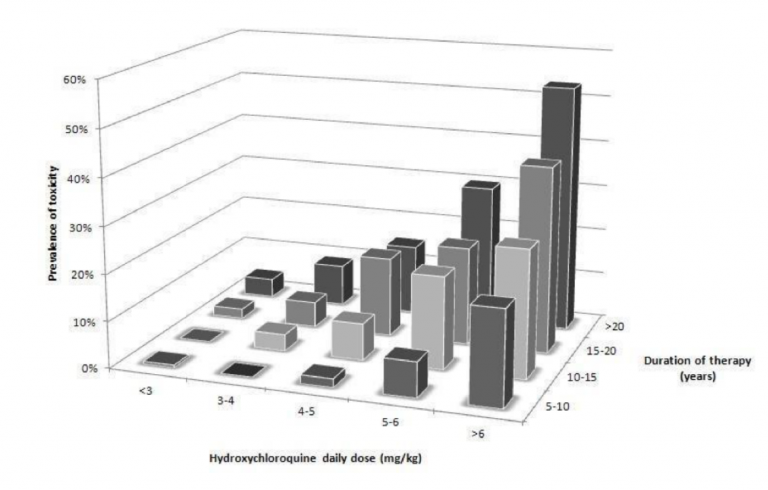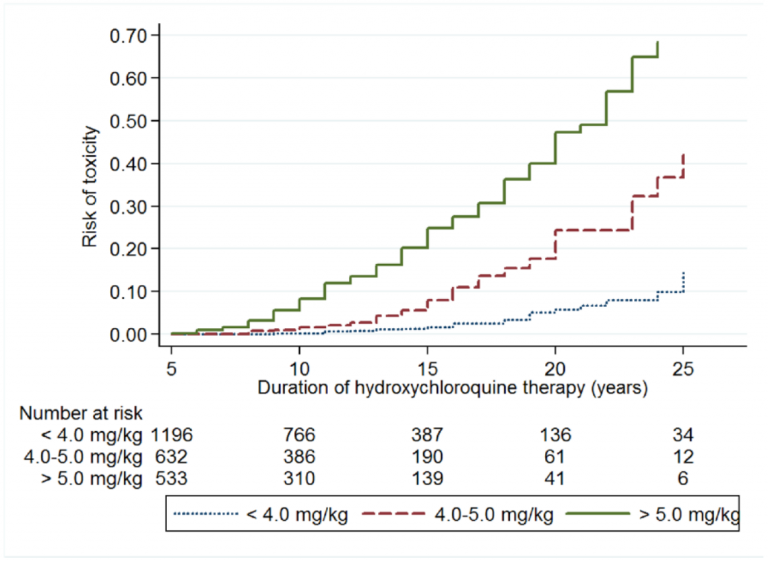Blog
Glasses VS Contacts

Glasses or Lenses? Which to choose?
People who require prescription lenses or glasses often wonder which is better.
Some people strongly prefer one to another. For example, there are people who find glasses suit them better and they don’t want to bother with contact lens in Australia. However, there are others who swear by lenses and can’t tolerate spectacles. Generally, it’s a matter of personal preference but let’s look into both sides of the argument.
Comfort
Glasses
It takes time to get accustomed to spectacles. That can be heavy and look ungainly on your face. After a while, you get accustomed to them and would probably forget you’re wearing them. However, glasses have their way of making themselves known. No matter what the quality, they can get dirty and nothing is more annoying than dirty glasses.
Contact Lenses
Contact lenses are much more comfortable than glasses any day. While it takes time for you to get used to them, once you wear them, you can hardly feel their presence. Unlike glasses, a contact lens in Australia doesn’t get dirty and will give you clear vision at all times.If you are planning on wearing them for a longer time, its best to invest in eye drops to keep the lenses lubricated.
Convenience
Glasses
Some people feel that glasses are convenient. You can simply put them on your face whenever you want and they don’t have any specific storage requirements. While it’s recommended that you store them in a case to avoid accidents, you can simply place them on your desk. They may be useful when you’re in a hurry to go somewhere.
Contact Lenses
It takes only a couple of minutes toput them on, but be careful not to leave them lying around open on your study table. While some people feel that they are better off using glasses, once they start using contact lenses they realise that they are easier to carry around as they are distinctly smaller in size. It’s also possible to get lens cleaners in travel pack sizes which adds to the convenience factor.
Vision
Glasses
Anyone who has worn both spectacles and lenses would tell you that without a doubt, lenses offer superior vision. Eyeglasses, even with the right prescription, don’t offer perfect clarity. As mentioned earlier, dust and scratches affect the vision. Moreover, wearing them in cold or wet weather can obstruct your sight. If you want good clarity with eyeglasses, you need to keep them meticulously clean and replace the lenses when they get too damaged.
Contact Lenses
Without question, contact lens in Australia provide superior vision. They’re as close as you can get to natural seeming eye-sight without surgery. You get good normal as well as peripheral sight. As they don’t get dirty, you don’t have to strain your eyes. You can wear them in any kind of weather easily and still have very clear vision.
We encourage people to try lenses simply because the advantages greatly outweigh any inconveniences.
Cross linking gets a Medicare Number
Thank God and about time
Medicare Number for Keratoconus cross linking
After a decade of performing corneal cross linking (CXL) to stabilise progressive keratoconus and treating thousands of patients eyes medicare relief is finally here. The procedure is set to receive a medicare number from the 1st of May 2018. Once confirmed patients can now expect a significant rebate with the treatment.
What does cross linking (CXL) cost in Brisbane?
Once a medicare number for corneal cross linking (CXL) is activated Eyesmatter will be directly billing all insured patients, where that facility exists. Eyesmatter will also have bulk billing options for students and health card holders for the foreseeable future. Eyesmatter will also be reaching out to those who have previously deffered surgery for financial reasons.
Closing the GAP with crosslinking
For the last decade too many patients have defered corneal cross linking (CXL) and lost vision. Corneal transplantation rates for keratoconus have plummeted world wide during this time. Less so in Australia. With medicare on board that will change for the better.
What generation do you belong to; crosslinking or transplant?
Those who had a corneal transplant or those who had cross linking (cxl). There has never been more hope for Keratoconus.
Targeted Screening
Eyesmatter recommends targeted screening of those at risk. We offer bulk billed comprehensive eye examinations in our Brisbane based clinics which includes 3D imaging of the cornea as part of Keratoconus screening. It is open without referral to those with a first degree relative with keratoconus. It is also open to those with an optometrist referral who are concerned about a drop in vision, Eyerubbers, high astigmatism, frequent spectacle changes and bad allergies. We know who you are!. 60% of patients will have small gains in vision after cross linking. So why not come before you vision drops rather than after.
Coronavirus (COVID-19) and Hydroxychloroquine
A Look on Coronavirus (COVID-19) and Hydroxychloroquine.
Hydroxychloroquine and Chloroquine has long been used in Rheumatoid Arthritis as an immunomodulating agents and Malaria for their anti-infective properties. These are now being repurposed by themselves or in combination with Azithromycin and presented as a therapeutic option to ameliorate the new Coronavirus (COVID-19) infection. The evidence base that they really work is weak but in desert of despair looks like an oasis, but is it just a mirage? The dilemma was amply on display when President Trump advice appeared to be at odds with his chief medical officer last weekend.
In absence of an alternative it’s one of the best options we have got. But there are other options under trial too and showing promise. Randomised controlled trial will rapidly provide us with the best evidence for what would be our best foot forward for the masses yet to come. Unfortunately for individual trial participants now that will not provide much solace.
Eye doctors have significant past experience with these drugs. We screen for a toxic maculopathy which can cause irreversible visual loss if not detected early. Hydroxychloroquine is much safer in this respect compared to its cousin Chloroquine. In Africa pill popping at the first sign of a fever to stave off Malaria early is relatively common leading to excessive drug loads that one would not expect if used appropriately. Some of the dosing with Hydroxychloroquine recommended for COVID-19 treatment is 30-50% higher than for Malaria prophylaxis treatment and Rheumatoid arthritis respectively.


In addition the combination of hydroxychloroquine and Azithromycin can caused prolongation of the QT in heart ECGs. The risk of arrhythmias is already significant in severe COVID-19 infection. Again medical supervision when used in mild/early disease may be important.
Earlier this week in Brisbane, Australia, I had a rheumatoid patient who went to three local suburban pharmacies before she could fill her regular hydroxychloroquine script. If the public begin to pill pop at the sniff of a fever in case they have the new Coronavirus (COVID-19) then the calculations based on a 7.5% risk of ocular toxicity after 5 years with hydrochloroquine are out the window.
Good data from RCTs and treatment under appropriate supervision remain key to both general and ocular health. In the interim wash your hands, avoid touching your face, practice social distancing and stay safe.
See what EyesMatter are doing in our clinics to help stop the spread of Coronavirus (COVID-19).
- Vincent, M.J., Bergeron, E., Benjannet, S. et al. Chloroquine is a potent inhibitor of SARS coronavirus infection and spread. Virol J 2, 69 (2005). https://doi.org/10.1186/1743-422X-2-69
- https://www.mediterranee-infection.com/wp-content/uploads/2020/03/Hydroxychloroquine_final_DOI_IJAA.pdf
- https://www.rcophth.ac.uk/wp-content/uploads/2020/02/HCR-Recommendations-on-Monitoring.pdf
- 24 Melles RB, Marmor MF. The risk of toxic retinopathy in patients on long-term hydroxychloroquinetherapy. JAMA Ophthalmology. 2014;132(12):1453-60.
